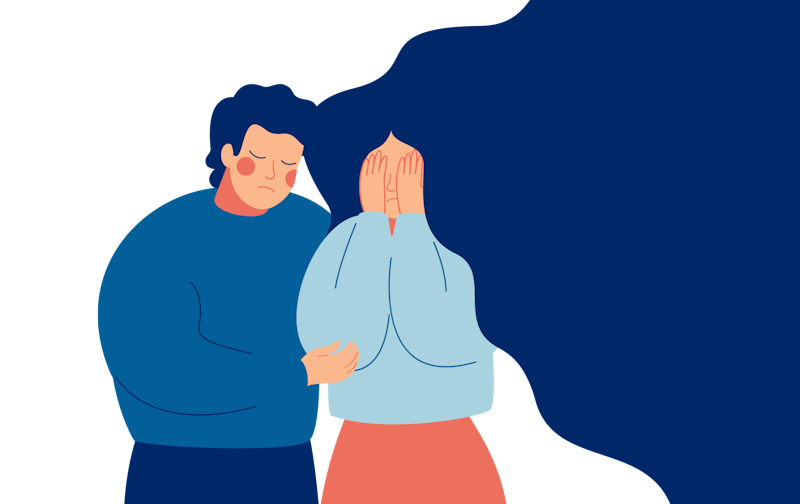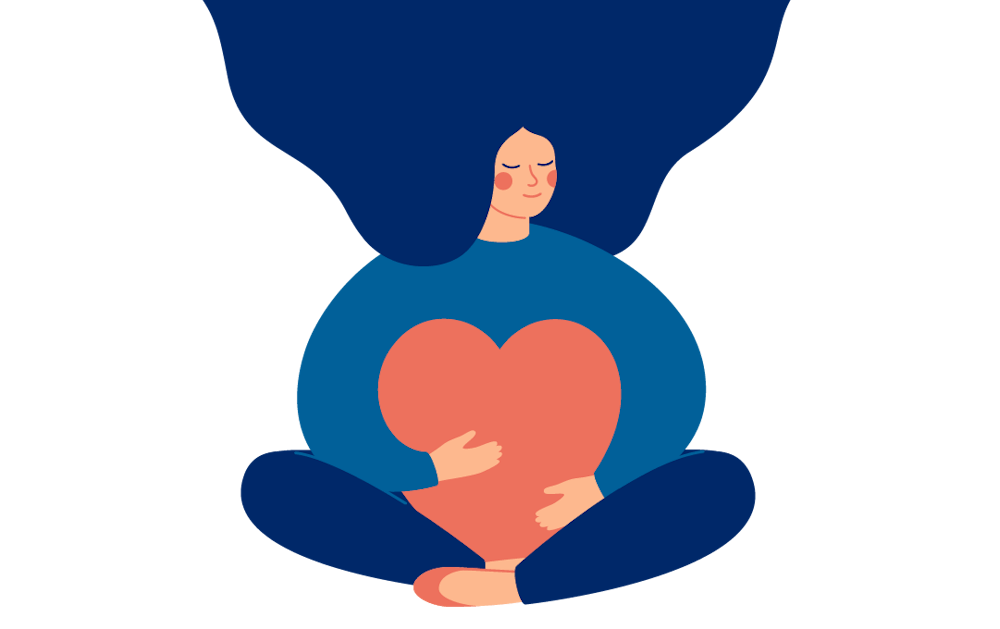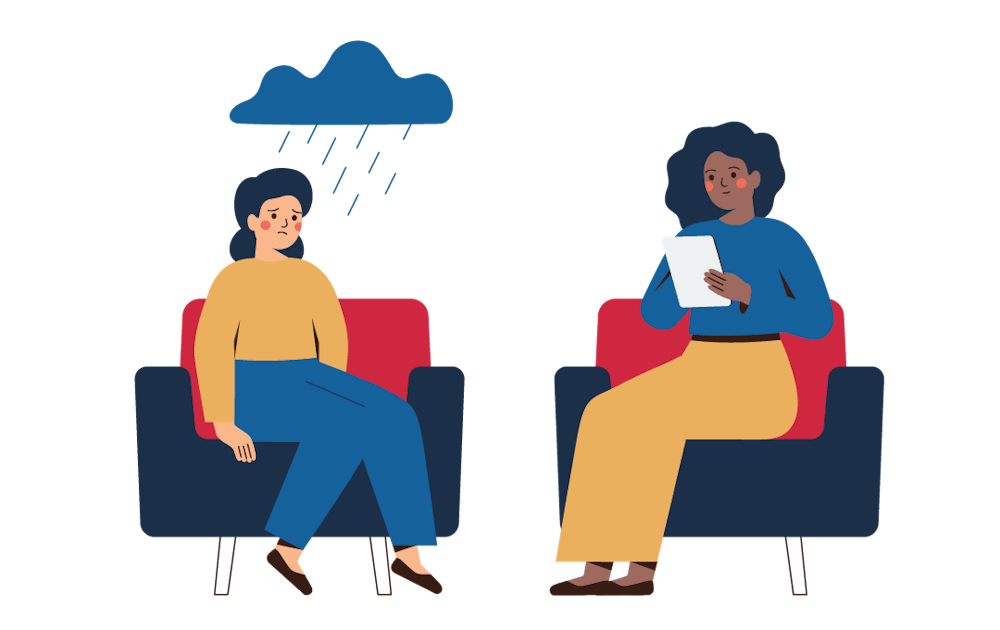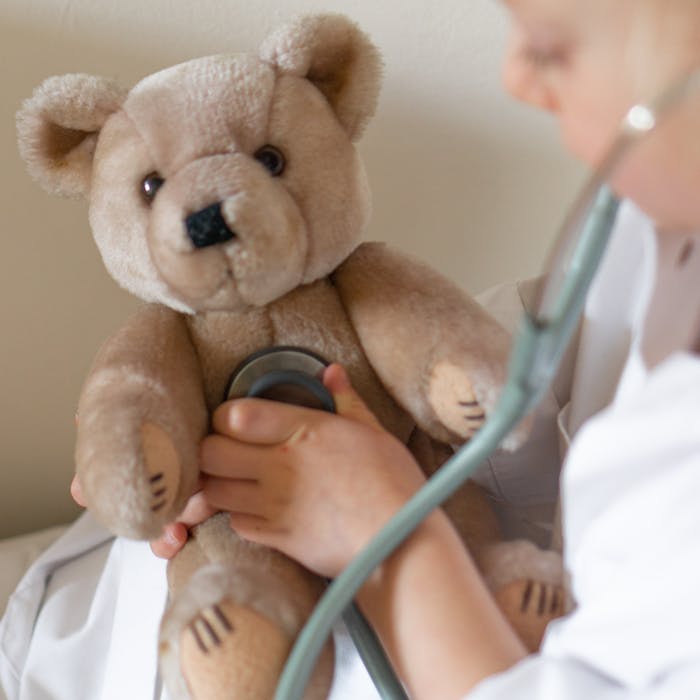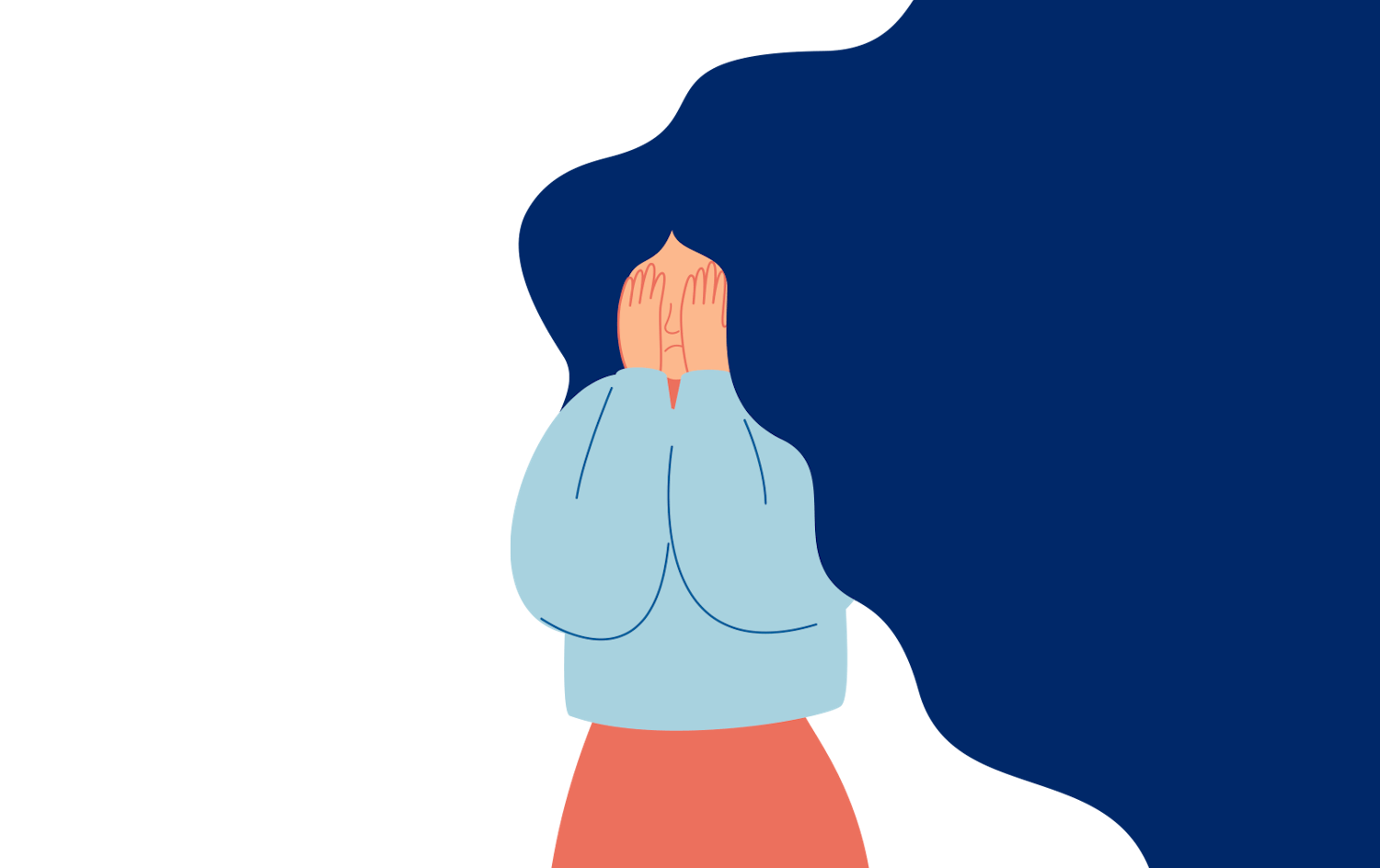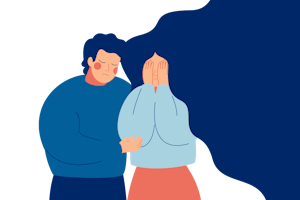Remember, for you to be there for others, you first need to be there for yourself. Nurture yourself and allow yourself to experience the feelings you have.
The basics
Learn about normal responses to trauma and difficult events.
Sleep
Good sleep is important. Try to get seven to eight hours a night.
General rest
Rest from stimuli when you need to and are able.
Nutrition
Eat healthy and nutritious food. Drink plenty of water. Try to limit caffeine and sugar, as both can affect stress and anxiety.
Movement
Exercise daily. It does not have to be more than a walk around the neighbourhood. Find something you enjoy doing. Exercise improves mood and reduces stress.
Environment
Try to create a safe and comfortable environment around you.
Talk
Talk to a friend, family member, or someone you trust about what you are going through. Do it in your own time when you feel confident to do so.
